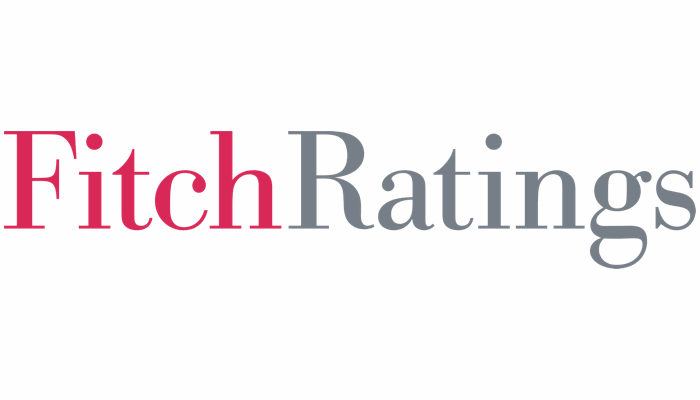Hurricane Helene unlikely to impact FHCF or Citizens ratings, but may trigger NFIP reinsurance: Fitch
- September 30, 2025
- Posted by: Kassandra Jimenez-Sanchez
- Category: Insurance

Hurricane Helene is not likely to affect credit ratings for property & casualty re/insurers, Citizens Property Insurance or the Florida Hurricane Catastrophe Fund (FHCF), but could trigger the National Flood Insurance Program’s (NFIP) catastrophe reinsurance, according to Fitch Ratings.
The global rating agency has based its assessment on an initial estimate of an insured loss range of between $5 billion and $10 billion. The assessment also anticipated individual insured losses to stay within rating sensitivities due to insurers’ ample capital levels and ability to raise premium rates.
Hurricane Helene made landfall in the sparsely populated Big Bend region of Florida as a Category 4 hurricane and moved through the southeast US as a tropical storm.
It has resulted in tragic loss of life and significant economic and insured losses. Among the impacted areas, Florida will be meaningfully affected by heavy rainfall, storm surge, flooding and high winds, Fitch stated.
However, Georgia’s losses may exceed Florida’s due to strong sustained winds across highly populated areas. Fitch also expects the Carolinas, Tennessee, and Kentucky to experience losses.
Standard homeowners’ insurance does not typically cover flood damage, and even though the private market for flood insurance has grown, it remains less than 1% of industry direct premiums written, highlighting the large flood protection gap.
The relatively small exposure limits the loss potential for the industry, analysts explain. Fewer than 15% of homeowners buying insurance purchase primary flood insurance, with even lower take-up rates away from the coasts with less historical flooding.
However, mortgage lenders require flood insurance if a homeowner has a federally backed mortgage and lives in a Federal Emergency Management Agency (FEMA) high-risk flood zone, or if they have received prior FEMA compensation for flood damage.
Homeowners typically purchase flood insurance through the NFIP, a government-supported flood insurer run by FEMA, which has a compressive reinsurance programme.
According to Fitch, 37% percent of the NFIP’s policies are underwritten in Florida, the highest percentage of any state with over 1.7 million policies.
“The expected levels of flooding and storm surges associated with Hurricane Helene may trigger private market reinsurance coverage of the NFIP,” says Fitch.
FEMA completed its 2024 traditional reinsurance placement for the NFIP at the January 1st, 2025, reinsurance renewals, transferring an additional $619.5 million of the NFIP’s financial risk to the private reinsurance market. The placement covers portions of NFIP losses above $7 billion arising from a single qualifying flood event.
Private reinsurers, which Fitch expects to continue withdrawing from the market amid increasing losses, would be most affected by a loss from the NFIP’s catastrophe reinsurance in the event of a major hurricane.
“Most large national underwriters do not have substantial market share in Florida. Florida’s state-owned property insurer Citizens, the insurer of last resort in Florida, has leading market share in both personal and commercial lines,” analysts stated.
Adding: “Citizens and FHCF have sufficient resources to meet current obligations. Florida homeowners’ insurance specialists will absorb losses, as Helene is likely not severe enough to trigger most excess of loss reinsurance coverages.”
This website states: The content on this site is sourced from the internet. If there is any infringement, please contact us and we will handle it promptly.



